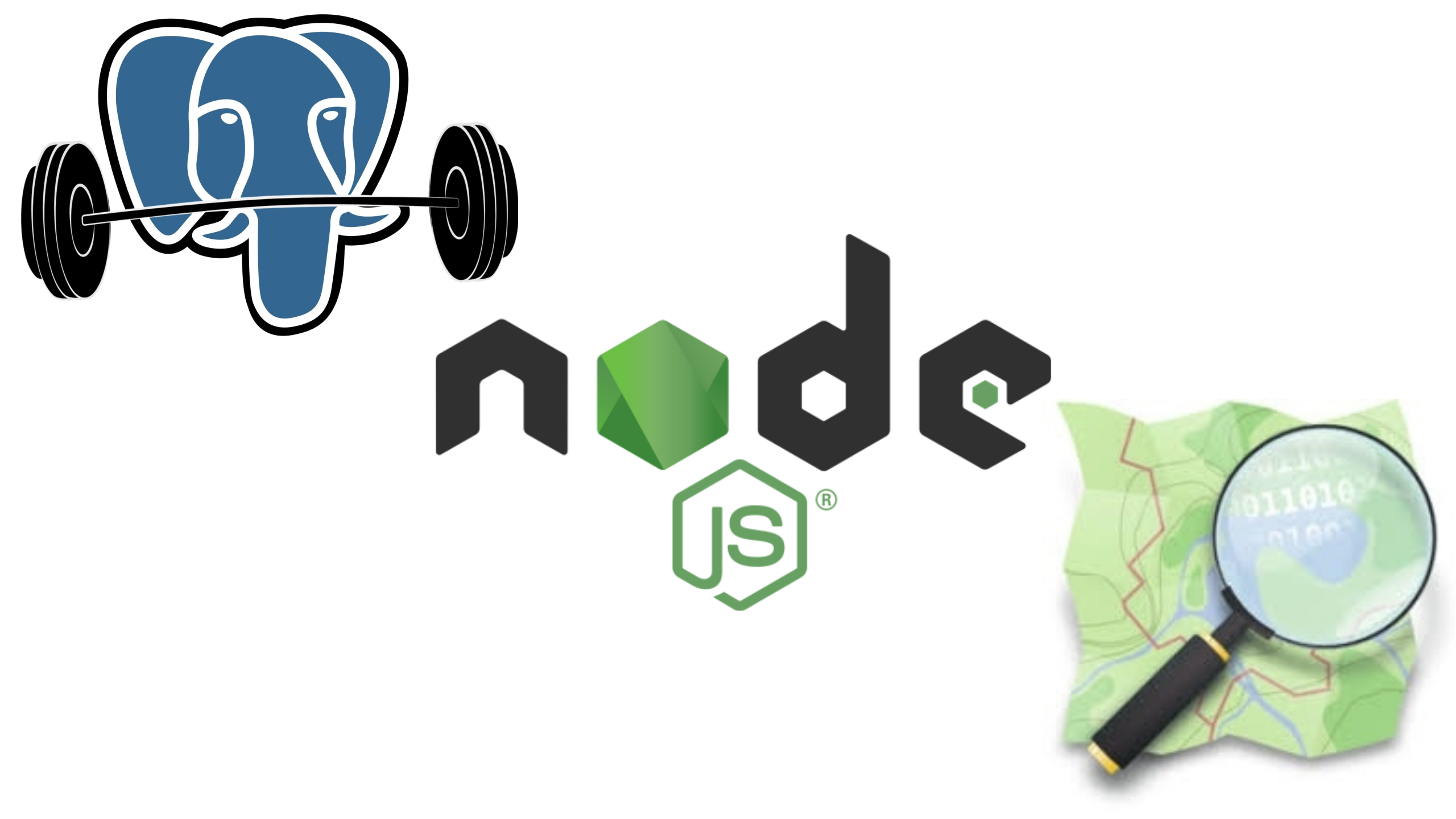A boilerplate for pgRouting applications.
This repository is intended to provide a basis for routing applications.
If you already have a routing database you can jump to Installation, otherwise to setup a routing database follow the steps on Getting Started.
- PostgreSQL
- Node.js
- Optional : Postman
- Download OpenStreetMap(OSM) Data You can use the options below;
- Transfer Downloaded Data to the PostgreSQL You can use osm2pgrouting to transfer osm data into PostgreSQL. But first create a database and make sure you have run the following commands;
CREATE EXTENSION postgis;
CREATE EXTENSION pgRouting;Then use the osm2pgrouting command
osm2pgrouting -d routing_db -U postgres -h localhost -p 5432 -W pass -f map.osm -c “your\path\to\mapconfig.xml” — clean
- Testing Imported Data Before testing the imported data use the following SQL command to change gid column of ways table to id.
ALTER TABLE ways RENAME gid TO idThen analyze data using two commands below by running them individually;
SELECT pgr_analyzeGraph('ways', 0.000001);
SELECT pgr_analyzeOneway('ways',
ARRAY['', 'B', 'TF'],
ARRAY['', 'B', 'FT'],
ARRAY['', 'B', 'FT'],
ARRAY['', 'B', 'TF']);Results should be OK.
Now you can test the data against a real routing query;
SELECT ST_AsGeoJSON(ST_Union((the_geom))) FROM ways WHERE id in
(SELECT edge FROM pgr_dijkstra(
'SELECT id,
source,
target,
length AS cost
FROM ways',
(SELECT id FROM ways_vertices_pgr
ORDER BY the_geom <-> ST_SetSRID(ST_Point(32.824, 39.937), 4326) LIMIT 1),
(SELECT id FROM ways_vertices_pgr
ORDER BY the_geom <-> ST_SetSRID(ST_Point(32.823, 39.934), 4326) LIMIT 1),
directed := true) foo);This query should return a valid geojson.
Just clone the project and change env. file to connect your database.
Clone the project
$ git clone https://github.com/capan/express-pgrouting-boilerplate.gitRun npm install
$ npm i